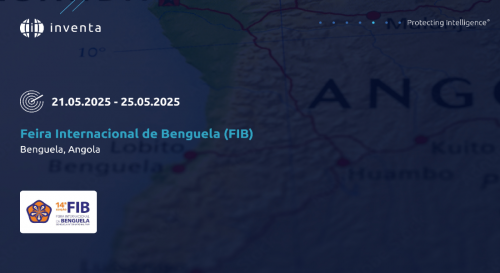
Booking.com sues USPTO due to trademark rejection
The concept of keeping things as ‘simple and concise’ as possible in business and commercial affairs is frequently endorsed by marketing strategists as being the sure proof path to gaining visibility and the attention of the public. However, said strategy also carries an amount of risk when it comes to obtaining a trademark registration.
The Dutch travel site known as ‘Booking.com’ which is widely known as a website for holiday accommodations, and reservations which include hotels, hostels and private residencies has encountered difficulties earlier this year when it attempted to extend its international registration protection to the United States. The United States Patent and Trademark Office (USPTO), upon examination, rejected the trademark application on the basis that it determined the mark as “merely descriptive and generic”. Booking.com proceeded to appeal the decision with the Trademark Trial and Appeal Board (TTAB) and the latter reiterated the decision taken by the USPTO late February this year, further stating that “Booking.com is merely descriptive and Plaintiff had failed to prove the mark had acquired secondary meaning.”
Booking.com now aims to fight the outcome of the USPTO’s decision on the courts and has filed a lawsuit on the 15th of April. It claims that although travel agency services do indeed make use of the word booking, they do not however refer to such sites as “Booking.com’s”. Furthermore, the company also highlighted the fact that it has invested heavily in advertising and backed these claims with a commissioned survey that revealed that “75 % of its users recognise Booking.com as a trademark, and not as a common name.” and that more than two million consumers within the United States signed up for its newsletter. This was aimed at refuting TTAB’s statements that suggested that Booking.com “had not become a distinctive brand among consumers”.
Booking.com started as a small start-up known as ‘Booking.nl’ in 1996 and has since extended its operations. It is reluctant in accepting the rejection by the USPTO and will continue to battle in the courts for what it views as its right to register the trademark that has “acquired distinctiveness”.
We will continue to monitor this case and report on any developments that may arise.
Currency Info
Final charges will be made in USD.
Currency conversion is for information purposes only and accuracy is not guaranteed. Overseas customers are encouraged to contact their bank or credit card provider for details on any additional fees these institutions may include for currency conversion.
Territory List
There are no results for your search.
- Africa
- Algeria
- Angola
- Benin
- Botswana
- Burkina Faso
- Burundi
- Cameroon
- Cape Verde
- Central African Republic
- Chad
- Comoros
- Congo (Republic)
- Côte d'Ivoire
- Democratic Republic of the Congo
- Djibouti
- Egypt
- Equatorial Guinea
- Eritrea
- Eswatini (Swaziland)
- Ethiopia
- Gabon
- Gambia
- Ghana
- Guinea
- Guinea-Bissau
- Kenya
- Lesotho
- Liberia
- Libya
- Madagascar
- Malawi
- Mali
- Mauritania
- Mauritius
- Mayotte
- Morocco
- Mozambique
- Namibia
- Niger
- Nigeria
- Réunion
- Rwanda
- Sao Tome and Principe
- Senegal
- Seychelles
- Sierra Leone
- Somalia
- South Africa
- South Sudan
- Sudan
- Tanzania (mainland)
- Togo
- Tunisia
- Uganda
- Western Sahara
- Zambia
- Zanzibar
- Zimbabwe
- Africa (OAPI)
- Africa (ARIPO)
- Other
- East Timor
- Macao
- Maldives
- Portugal
- European Patent (EPO)
- European Union Trademark (EUTM)
- International Trademark (Madrid System)
- Patent Cooperation Treaty (PCT)




